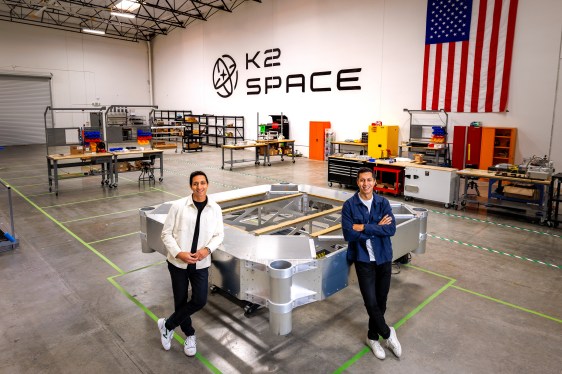In a recent blog post, OpenAI’s board has outlined plans to replace the company’s existing structure with one that puts control in the hands of its for-profit arm. This move is part of the company’s goal to become a Public Benefit Corporation (PBC) by 2025.
What is a Public Benefit Corporation?
A PBC is a type of for-profit company designed to operate for the benefit of society. This structure allows companies to pursue both financial gain and social or environmental goals, making them an attractive option for businesses that want to have a positive impact on their communities.
OpenAI’s Plans to Become a For-Profit Company
As part of its plans to become a PBC, OpenAI will replace its existing structure with one that puts control in the hands of its for-profit arm. The nonprofit will retain a stake in the business but lose its oversight role. Instead, it will operate separately with its own leadership team and staff, focusing on charitable initiatives in areas such as healthcare, education, and science.
Why is OpenAI Making this Change?
According to OpenAI’s board, the company needs to raise more capital than initially thought to pursue its mission of building artificial general intelligence. The hundreds of billions of dollars being invested in AI development by major companies demonstrate just how much it will take for OpenAI to continue pursuing its goals.
Concerns About the Transition
Last year, concerns about keeping OpenAI’s nonprofit board in control boiled over when members ousted CEO Sam Altman but later reinstated him. Even with these plans to switch to a for-profit, OpenAI may still face opposition from investors and regulatory bodies. Last month, Elon Musk filed a motion to stop OpenAI from becoming a for-profit company, while Meta CEO Mark Zuckerberg asked California Attorney General Rob Bonta to block the transition.
How Will the Transition Work?
Under the new structure outlined by OpenAI’s board, the nonprofit will receive shares in the PBC at a fair valuation determined by independent financial advisors. This means that the nonprofit will still have some control over the company but will no longer be responsible for its day-to-day operations.
Impact on Investors and Stakeholders
The transition to a for-profit company is expected to make it easier for OpenAI to raise capital from investors, who are attracted to the potential for financial gain. However, this change may also lead to concerns about the company’s mission and values. As OpenAI becomes a more conventional tech company, its focus on social impact may shift.
What This Means for the Future of AI Development
OpenAI’s decision to become a PBC reflects the growing trend towards for-profit companies that prioritize social and environmental goals alongside financial returns. As the industry continues to evolve, we can expect to see more companies adopting this model.
The Competition is Heating Up
OpenAI is not alone in its pursuit of building artificial general intelligence. Companies like Anthropic and Elon Musk’s xAI are also operating as PBCs, competing with OpenAI for funding and resources. As the industry continues to heat up, it will be interesting to see how these companies differentiate themselves and achieve their goals.
The Future of OpenAI
As OpenAI embarks on this new chapter in its journey, it will be crucial to balance its financial needs with its social impact goals. The transition to a for-profit company may bring new challenges but also opportunities for growth and innovation. With the right leadership and strategy, OpenAI can continue to push the boundaries of AI development while making a positive difference in society.
Timeline of Events
- September 2023: Bloomberg reports that CEO Sam Altman will receive around a 7% equity stake as part of OpenAI’s plans to become a for-profit company.
- October 2023: Elon Musk files a motion to stop OpenAI from becoming a for-profit company.
- November 2023: Meta CEO Mark Zuckerberg asks California Attorney General Rob Bonta to block the transition.
Conclusion
OpenAI’s decision to become a PBC marks an exciting new chapter in its journey towards building artificial general intelligence. While there may be challenges ahead, this change also presents opportunities for growth and innovation. As the company continues to evolve, it will be crucial to balance its financial needs with its social impact goals. With the right leadership and strategy, OpenAI can continue to push the boundaries of AI development while making a positive difference in society.
References
- "OpenAI plans to become a for-profit company." (2023). Retrieved from https://www.bloomberg.com/news/articles/2023-09-15/openai-plans-to-become-a-for-profit-company
- "Elon Musk files motion to stop OpenAI from becoming a for-profit company." (2023). Retrieved from https://www.theguardian.com/technology/2023/oct/10/elon-musk-files-motion-to-stop-openai-from-becoming-for-profit-company
- "Meta CEO Mark Zuckerberg asks California Attorney General Rob Bonta to block OpenAI’s transition." (2023). Retrieved from https://www.reuters.com/article/meta-zuckerberg-openai-idUSL2N34O1R5




